How to Train a Labrador Retriever to Hunt: 4 Essential Tips
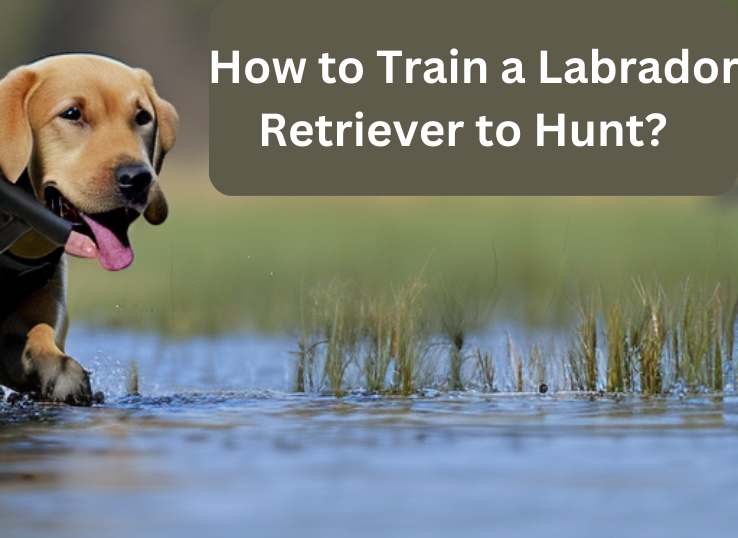
Appropriate training will make sure that your Labrador retriever grows into an effective hunter. Learn how to train a Labrador retriever to hunt with these useful training tips. Labrador retrievers were formerly bred to hunt and retrieve injured and dead birds in the water, and most canines take to the activity happily.
Although some hunting abilities and behaviors are primitive, several come from months or years of practice as well as training. Appropriate training will guarantee that your Lab grows into a successful hunter and a faithful friend. It will also decrease your dog’s possibility of injury during hunts.
Table of Contents
How to Train a Labrador Retriever to Hunt? 4 Tips to Start
1. Selecting a Puppy
Choose a Labrador retriever puppy depending on the puppy’s background and general health. Puppies from active hunters are expected to be easier to train than those from household pets.
Ask the breeder, confirm credentials and certification, and request details about hunting qualities and known genetic health issues in your potential new retriever’s family lines. Serious Lab breeders will be happy to discuss the reasons for choosing the parents of this Lab’s litter and what type of performance they imagine of the puppies.
2. Early Training
Start basic training early in the Labrador retriever’s life. Starting from an early age, take your Lab places, and teach and strengthen basic commands like “Sit,” “Stay,” and “Come.” These orders will provide the essential foundation for future hunt training.
Once basic obedience training is complete, inspire your dog to become calm in and around water by giving many opportunities for water play. Make a child’s wading pool on your lawn, or take your pooch to the beach.
Similarly, take your lab to target training so your dog gets familiar with the firing sound. Use formerly taught obedience instructions to keep your pooch under control while doing practice.
3. Training Your Labrador Retriever to Hunt
Teach your pooch to retrieve upon hearing a particular word, for example, a name or other command. Be reliable in this training. Underline that retrieval is only permitted once the send command is given. If your canine’s name starts with the letter S, think about using a different word as the retrieve command. When your pooch is nervously waiting for the word to retrieve, the “S” sound of an emphasizing obedience command like “Sit” or “Stay” might be confused with the name.
Utilize scented dummies while training hunts to help your dog get and recover the dummy fowls. Scents are accessible for outward submission or for injection into the dummies. Keep decoys far from your Lab, and reward your pooch for overlooking the decoys and homing in the dummies. This trains your dog to ignore other animals as well as birds in the surroundings and to focus on the reward during an actual hunt.
4. Advanced Training
When your pooch is proficient at retrieving dummy birds on land, go to water training. Then scent a new dummy, throw it into the water, and command your Labrador to pursue it and retrieve it. Train this as often as required, and fortify good behavior and achievements. Consider taking your pooch on a simulated hunt to discover any weak spaces before an actual hunt.
FAQs: How to Train a Labrador Retriever to Hunt?
How much time does it require to train a Labrador to hunt?
The time it requires to train a Labrador to hunt will depend on numerous factors like the dog’s age, previous training, and the particular hunting task. Generally, it can take numerous months to a year of steady training and socialization for your dog to become talented in hunting. Knowledgeable trainers must do hunting training, and it needs a strong bond and faith between the dog as well as its owner/trainer.
At what age can Labrador retrievers start hunting?
A Lab can usually start hunting training at 6 months; however, it’s significant to wait until your Lab has finished its vaccinations and has physical maturity. It’s better to begin socializing your dog with different places, sounds, and understandings from an early age to aid in preparing them for hunting.
Besides, It’s also effective to note that beginning formal hunting training at the start does not mean the pooch will be hunting at an early age. The procedure is slow, and full hunting should only be completed once the canine is physically mature and has done all essential training.
Can labs be good hunting dogs?
Labrador Retrievers are extensively considered to be outstanding hunting dogs. They have a natural wish to retrieve and are incredibly trainable, making them compatible with various hunting tasks, such as retrieving waterfowl and upland game birds.

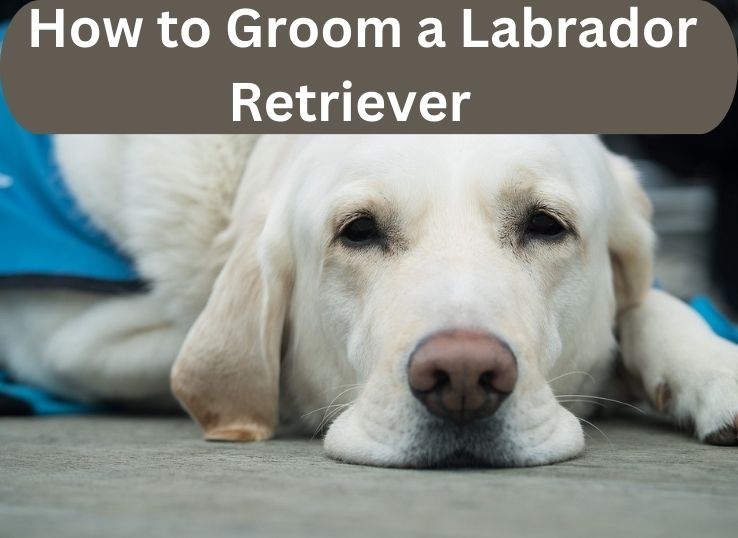
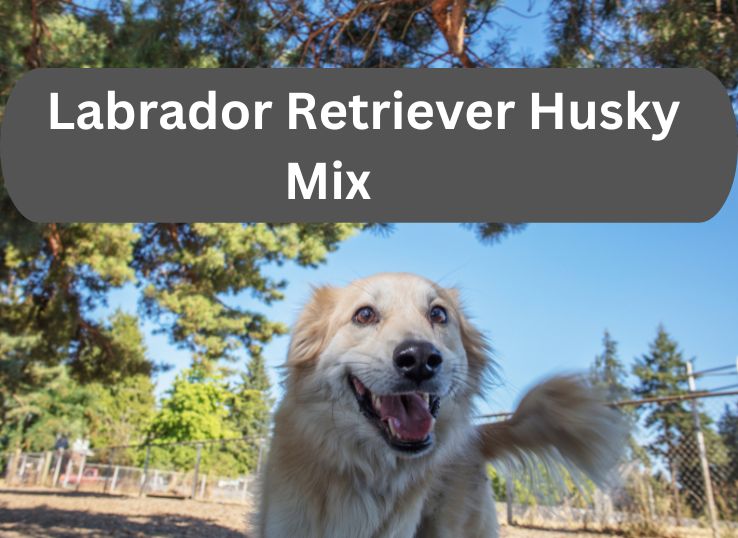
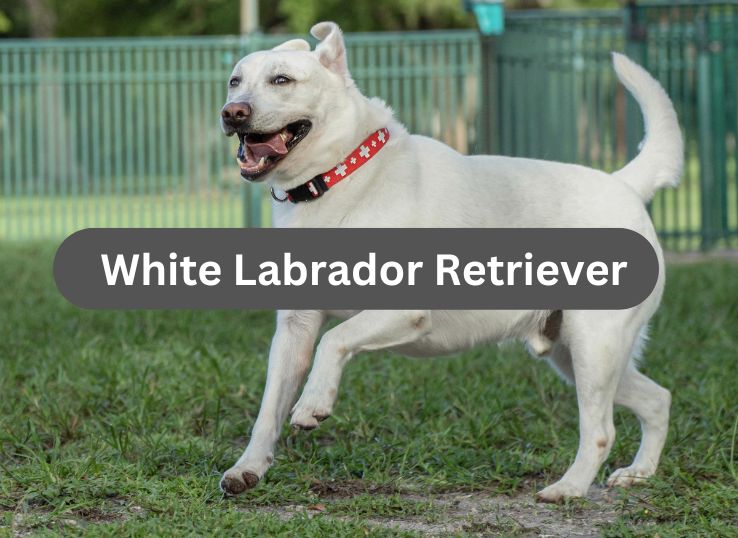
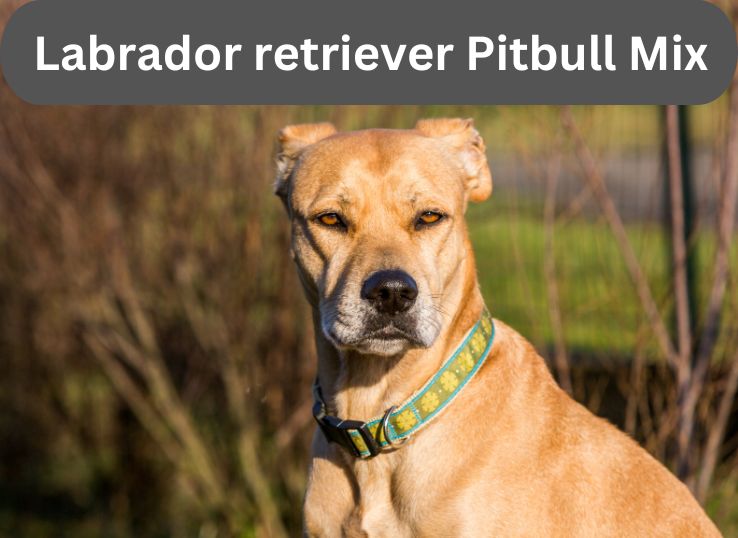

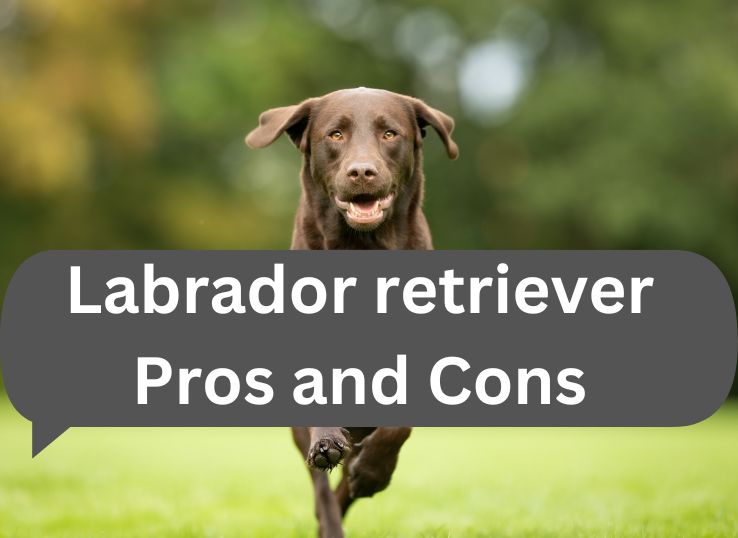
There is perceptibly a bunch to know about this. I feel you made various nice points in features also.